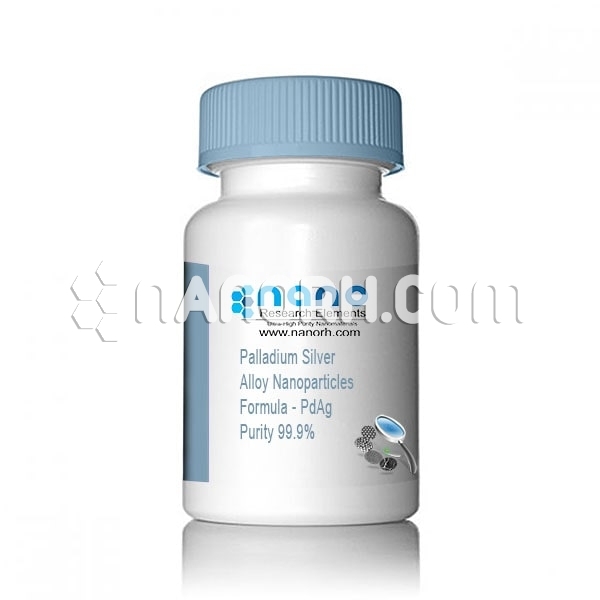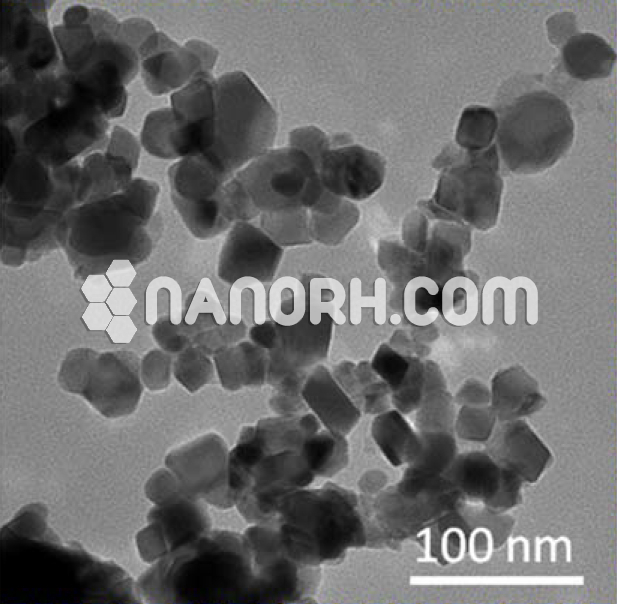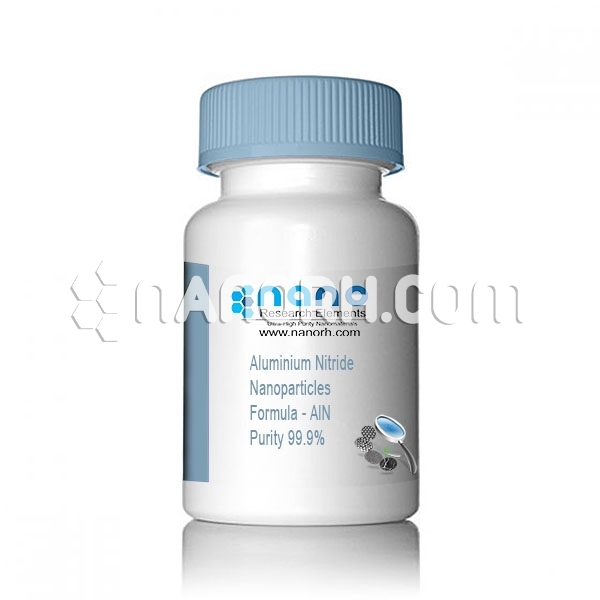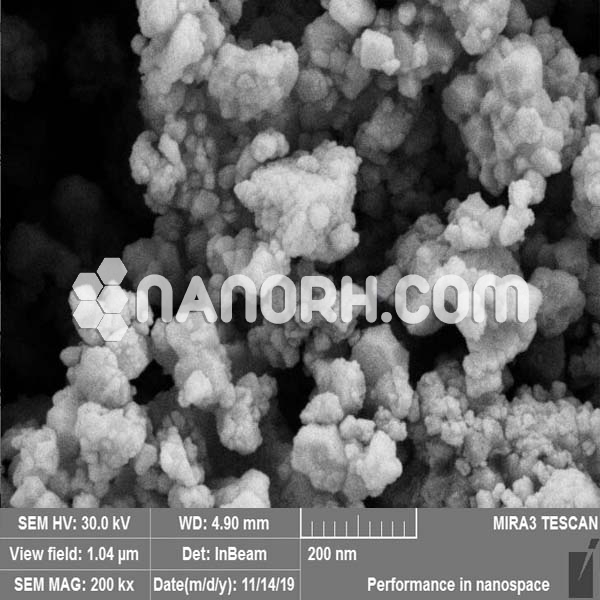Palladium Silver Alloy Nanopowder/Nanoparticles (Pd:Ag, 99.9%, <80nm)
Palladium Silver Alloy Nanopowder/Nanoparticles (Pd:Ag, Purity: 99.9%, APS: <80nm)
| Palladium Silver Alloy Nanopowder | |
| Product No | NRE- 2038 |
| CAS No. | 60495-83-2 |
| Formula | PdAg |
| APS | <100nm (Can be Customized) |
| Purity | 99.9% |
| Color | Gray/Silver Metallic |
| Molecular Weight | 214.2882 g/mol |
| Density | 10.9 g/cm3 |
| Melting Point | 1155-1220 °C |
| Boiling Point | 1489°C |
Palladium Silver Alloy Nanopowder
Palladium (atomic symbol: Pd, atomic number: 46) is an element of Block D, Group 10, Period 5 with an atomic weight of 106.42. The number of electrons in each of the palladium shells is 2, 8, 18, 18 and its electronic configuration is [Kr] 4d10. The palladium atom has a radius of 137 pM and a radius of Van der Waals of 202 pM.
Silver (atomic symbol: Ag, atomic number: 47) is an element of Block D, Group 11, Period 5 with an atomic weight of 107.8682. Silver Bohr model The number of electrons in each of the Silver shells is 2, 8, 18, 18, 1 and its electronic configuration is [Kr] 4d10 5s1. The silver atom has a radius of 144 pM and a radius of Van der Waals of 203 pM. Silver was first discovered by primitive man before 5000 BC. In its elemental form, silver has a brilliant white metallic luster. Elemental Silver: it is a bit ‘harder than gold and is very ductile and malleable, being surpassed only by gold and perhaps palladium. Pure silver has the highest electrical and thermal conductivity of all metals and has the lowest contact resistance. It is stable in pure air and water but deteriorates when exposed to ozone, hydrogen sulfide or sulfur-containing air.




